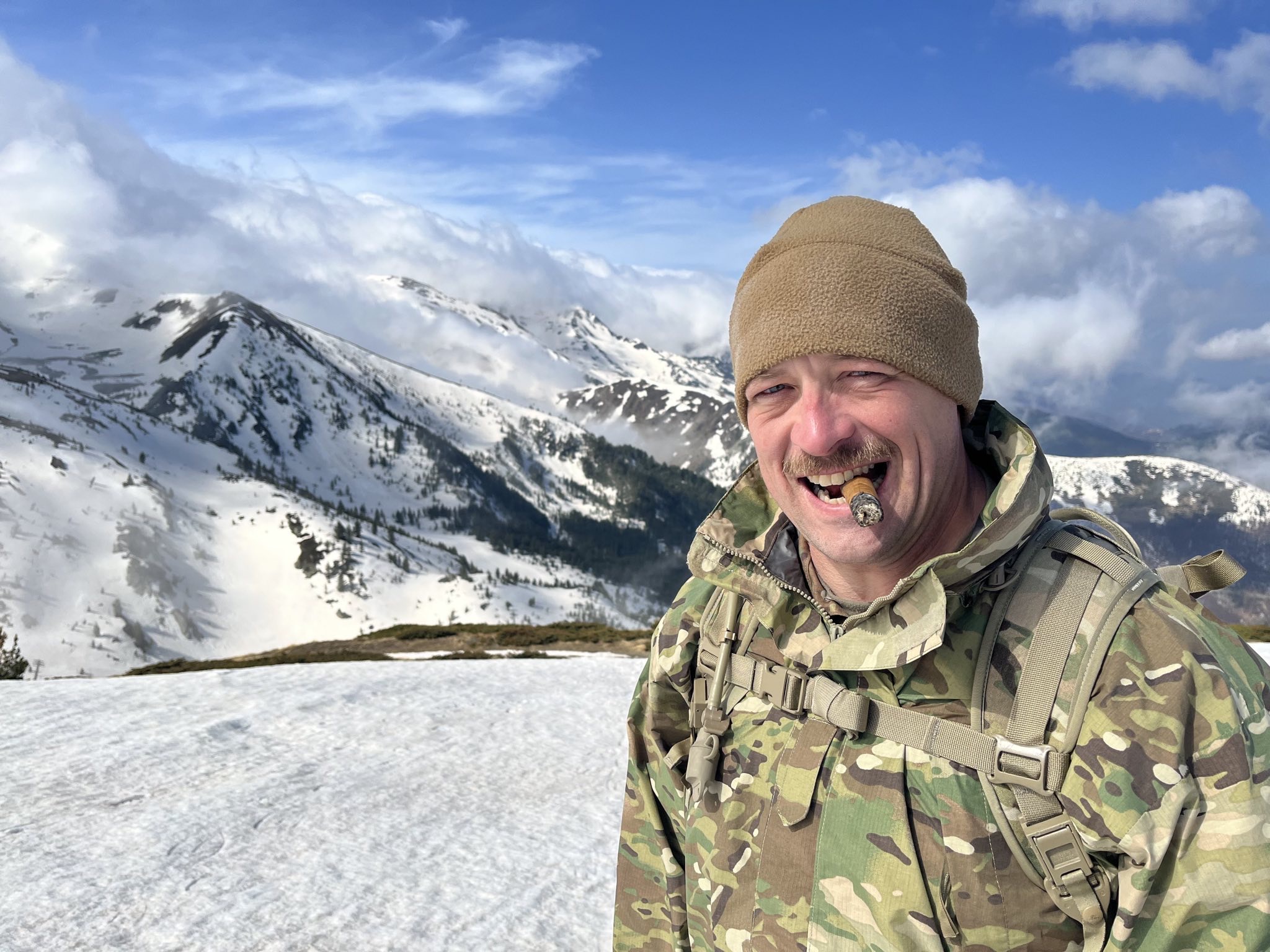The PTSD Crisis: When Talk Therapy Isn’t Enough

Ben “Doc” Askins, founder of Anti-Hero’s Journey, is a former combat medic using psychedelic-assisted therapy to address the brain changes underlying stubborn PTSD.
LEXINGTON, KY / ACCESSWIRE / September 6, 2023 / Over 22 million Americans are estimated to have PTSD, with many struggling to find effective treatment. While psychotherapy is the go-to, it doesn’t work for everyone. However, new research shows psychedelic-assisted therapy could revolutionize care.
PTSD has reached crisis levels in America. Rates have risen among both civilians and veterans facing trauma. Yet those suffering often find poor quality of life as current treatments fail to provide adequate relief.
Up to two-thirds of patients do not achieve remission with standard PTSD protocols like cognitive processing therapy. Thus, they endure a torturous existence, reliving their pain daily. With so many Americans suffering today, we desperately need better solutions.
Why do so many not improve with behavioral therapies? Experts point to PTSD fundamentally altering brain structures and neural pathways. Simply talking through trauma is not enough to undo these deep-seated changes. Patients get stuck in a cycle of hypervigilance, avoidance, and intrusive re-experiencing.

That’s where psychedelic-assisted therapy comes in. Controlled doses of substances like MDMA, psilocybin, and ketamine in conjunction with psychotherapy show incredible promise in treating even severe, treatment-resistant PTSD. By binding to serotonin receptors, these medications temporarily dampen the fear response and negative thought patterns. This gives patients a window of clarity to process trauma with trained therapists in deeper and more meaningful ways.
The data speaks for itself. In MAPS’ Phase 3 trials of MDMA-assisted therapy for severe PTSD, 67% no longer qualified for a diagnosis after just 3 sessions. That’s double the efficacy of standard therapy. Similarly, Johns Hopkins found psilocybin paired with psychotherapy provided substantial and enduring relief for cancer patients with depressed mood, anxiety, and PTSD. The benefits lasted months after treatment.
These studies confirm psychedelics’ immense potential to catalyze healing of psychological wounds when combined with professional guidance. By quieting destructive neural patterns, they allow for catharsis, insight, and release of trapped emotions. Make no mistake, psychedelic-assisted therapy is not a magic bullet. It requires extensive screening, preparation, trust, and intention setting to create optimal conditions for healing. But for those who have exhausted other options, it offers new hope.

One practitioner at the forefront of this work is Ben “Doc” Askins, a former combat medic who now treats PTSD with psychedelic-assisted therapy. After a decade in the military, Askins saw firsthand the shortcomings of the current protocol in addressing PTSD. Having survived multiple tours of service himself, Askins vowed to find better solutions. That journey led him to pursue training in ketamine and MDMA-assisted techniques. He now helps patients process trauma through a cathartic psychedelic experience combined with evidence-based therapies.
Askins says psychedelic therapy finally gives the brain a chance to rebuild new connections and gain perspective rarely possible with talk therapy alone. By addressing PTSD at its neurological root, psychedelics create the potential for robust, durable relief.
While barriers remain, psychedelic therapy will likely enter mainstream psychiatry soon. The FDA is predicted by many experts to soon grant breakthrough therapy status to MDMA and psilocybin trials, speeding the approval process. Medical professionals expect MDMA’s clearance for PTSD as early as 2023.
Of course, these treatments aren’t for everyone. But for the millions who suffer without end, psychedelic therapy offers new light after darkness. If these modalities can cut PTSD rates even in half, we may finally see a reversal of this mounting mental health crisis. Rather than dismissing psychedelic medicine, an open-minded approach that follows the data is hopeful for the human suffering at stake. As Askins says, “We owe it to those struggling everyday to embrace any option that provides real healing.”
ABOUT ANTI-HERO’S JOURNEY
Anti-Hero’s Journey is the online home of psychedelic science war storyteller Captain Ben “Doc” Askins, PhD (Hon.). Anti-Hero’s Journey is the creative, non-clinical arm of Ben “Doc” Askins, where he provides books, articles, a podcast, and speaking/consulting services. The clinical arm provides psychedelic-assisted psychotherapy to people struggling with trauma and acute suicidality, as well as training for clinicians and therapists. For more information, visit antiherosjourney.com. For additional information, visit Anti-Hero’s Journey on Facebook, Instagram, or TikTok.
CONTACT
Ben Askins
502-771-1113
doc@antiherosjourney.com
SOURCE: Anti-Hero’s Journey
View source version on accesswire.com:
https://www.accesswire.com/781445/the-ptsd-crisis-when-talk-therapy-isnt-enough
